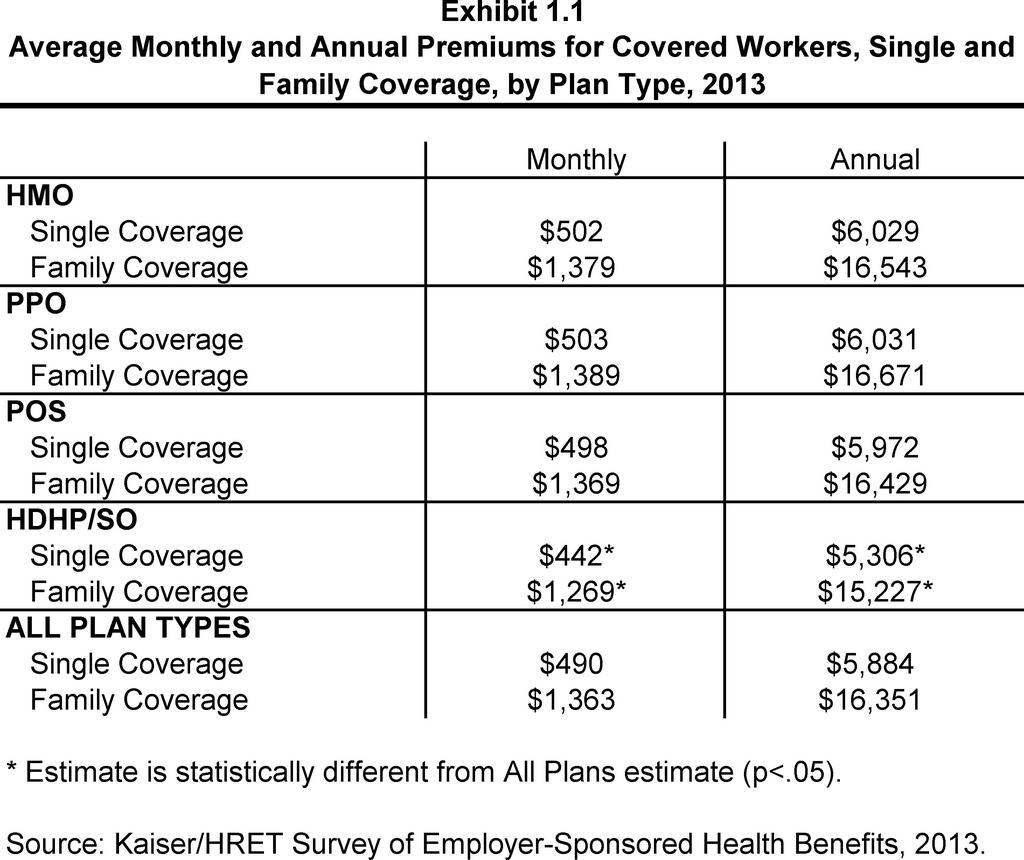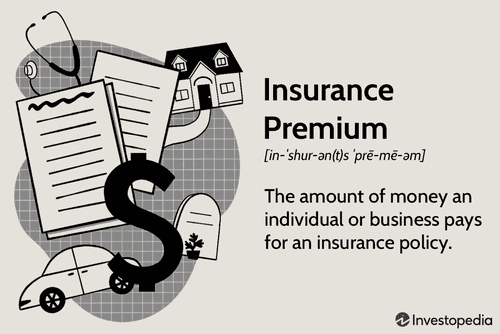
Medicaid is the government-funded insurance program that provides coverage for people with low incomes, seniors, and those with disabilities. This program provides health care coverage for low-income individuals, and it also helps pay for nursing home care. If you or someone you love has been denied Medicaid, you can request a fair hearing. You can either represent yourself at the hearing or hire an attorney. You will need to send a letter describing the appeal you are making. It must be submitted to the South Carolina Department of Health and Human Services no later than 10 days after your initial refusal. The state department will review your situation and determine if you should be continuing to receive Medicaid benefits.
Medicaid is a government funded health insurance program for the elderly, disabled and low-income.
South Carolina Medicaid is an insurance program funded by the government that offers health insurance coverage to individuals, families, as well as seniors. Since its inception in 1965, the program has had a long and successful history. It has seen significant expansions since then. As both the Federal government and the State governments worked together to balance the many factors that impact its success, it has also seen changes. Medicaid was the largest national health insurance program, covering more than 33 million people in 1997.
Medicaid is a government-funded health insurance plan that provides free health care to low-income residents. To be eligible, applicants must be at least 65 years of age and meet specific requirements. The program covers up to 10% of the costs of medication and doctor appointments and covers 90% of the cost.

It's worth it to pay for nursing home care
Medicaid is a federal program, which covers the cost of nursing home care for qualified individuals. Medicaid in South Carolina pays for nursing home care via its Community Choices Waiver program. This program offers services that are similar in quality to nursing home care, while allowing residents the freedom to access services from the comfort of their own homes. These services include personal care, nursing, and therapy. Medicaid will sometimes cover adult children of parents who have died. These caregivers must pass background checks and can only be paid for their time.
These criteria will help you determine if your eligibility for Medicaid in South Carolina. You must have certain income limits and resources. Second, you must be a resident of the state. In addition, you must be at least 65 years old and be a citizen of the United States. To receive the care you require, you must meet certain medical requirements. You will need to be able to receive the care for at minimum 30 days.
It also carries criminal penalties
If you're a Medicaid beneficiary in South Carolina, you've probably heard about the penalties for fraud. Medicaid is concerned about fraud. The Medicaid Fraud Control Unit of the South Carolina State Attorney General's Office works in collaboration with auditors, investigators, and auditors to investigate fraudulent claims and prosecute them. The attorneys in this unit are experienced in these types of cases and have a strong understanding of the laws and procedures surrounding them.
In South Carolina, Medicaid providers can face criminal and administrative penalties for fraud. This law provides strict penalties for Medicaid providers. It applies to fraud in many different ways, from misrepresentation financial data to abuse of patients. Medicaid fraud penalties were also created to ensure that victims of fraud receive full compensation.

There is an appeals process
If you have been denied Medicaid in South Carolina, you may request a fair hearing. You can represent yourself at the hearing or hire an attorney to speak on your behalf. Start the appeals process by filling in the request for an equitable hearing form and sending it to Department of Health and Human Services. Once the application is received, the hearing officer will review and then issue a decision. You will receive it by mail. The decision will give you the reasons why you were denied.
First, submit the SCDHHS-CR Form with all required documentation for review. You have thirty days to appeal the denial. An appeal cannot be granted if you are not able submit the necessary documentation. In such cases, you must resubmit your claim.